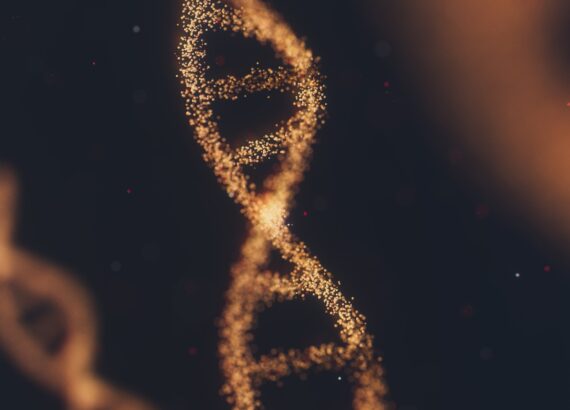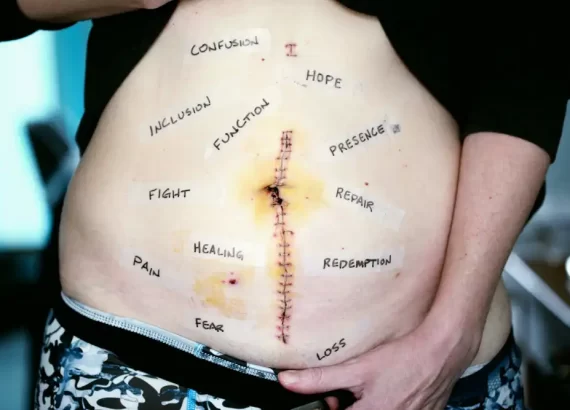Understanding Postpartum Depression

Many new mothers experience overwhelming emotions in the hours and days after their babies are born. Joy, sorrow, anxiety—even grief—come and go like the tides. Many are somehow too excited to sleep and too tired to stand. Usually, those emotional tides recede after a few weeks. In some cases, however, new mothers end up experiencing postpartum depression, which can be dangerous for both the mother and child depending on severity.
What is Postpartum Depression?
Postpartum depression is incredibly common. It’s estimated that as many as 1 in 9 may suffer from it after childbirth. It can last anywhere from several weeks to months. Pregnancy and childbirth are periods of profound change. Your body goes through hormonal changes that impact your mood and body in ways you can’t control. Those hormones are an integral part of our bodies and play a crucial role in how we connect emotionally with the people around us.
Signs of Postpartum Depression
Common signs of postpartum depression include feelings of emptiness, loneliness, and emotional detachment. Some of the most important symptoms to look out for following childbirth are:
- Rage \ Anger
- Crying Uncontrollably
- Hopelessness
- Lack of Energy
- Loss of Appetite
- Violent Thoughts
- Paranoid Thoughts
- Desire to Isolate
- Chronic Migraines
- Insomnia
- Inability to Focus
- Difficulty with Memory

Caring for a newborn is always a challenge, but caring for a newborn while suffering from postpartum depression can feel like an impossible task. Many mothers suffering from postpartum depression feel confused, ashamed, and embarrassed about the disconnect they feel.
Causes of Postpartum Depression
In many cases, postpartum depression is linked to sudden changes in hormone levels, such as estrogen and progesterone. It’s worth noting that these changes are a natural part of the childbirth process. Postpartum depression isn’t a personal failure—it’s a medical reality.

Women with a history of postpartum depression in their families should be extra vigilant. There is likely a genetic risk factor for it. Other risk factors include:
- A history of alcoholism or drug abuse.
- Relationship issues.
- Complications during childbirth.
- A history of prior sexual trauma or childhood abuse.
Postpartum depression is sometimes linked to seemingly unrelated major life events that occur in close proximity to childbirth. Job loss, the death of a loved one, or divorce, for instance, are all risk factors.
Self-Care
Many postpartum depression treatments start with self-care. Our bodies are delicate systems, but there are steps we can take to influence and balance them. Postpartum depression and having a newborn around both make it difficult to take care of yourself, but it’s important to lean on support structures like friends or family so you can carve out time for your own well-being.
Some of the things you can do to help balance your system out include:
- Go outside & get into the sunlight
- Light exercise (such as going for walks)
- Old routines (picking up an old hobby)
- Eating healthy foods
- Taking naps \ getting sleep

Self-Kindness
Giving birth is one of the most difficult things a person can do—childbirth itself is traumatic, but a new baby also brings with it dramatic changes to who you are and how you function in the world. It’s important to give yourself permission to accept and acknowledge your feelings without shame or judgment.
Getting Therapy
Therapy is a key part of postpartum depression treatment. Group therapy can help ease feelings of isolation and inadequacy. Cognitive-Behavioral Therapy, Talk Therapy, and Mindfulness Practices also offer helpful tools and techniques new mothers can use to navigate the postpartum landscape. If you need a safe, judgment-free space to navigate your postpartum feelings, please don’t hesitate to reach out. At Mindscape Counseling, we help our clients learn to navigate the challenges that all new mothers must face. You don’t have to do this alone.





